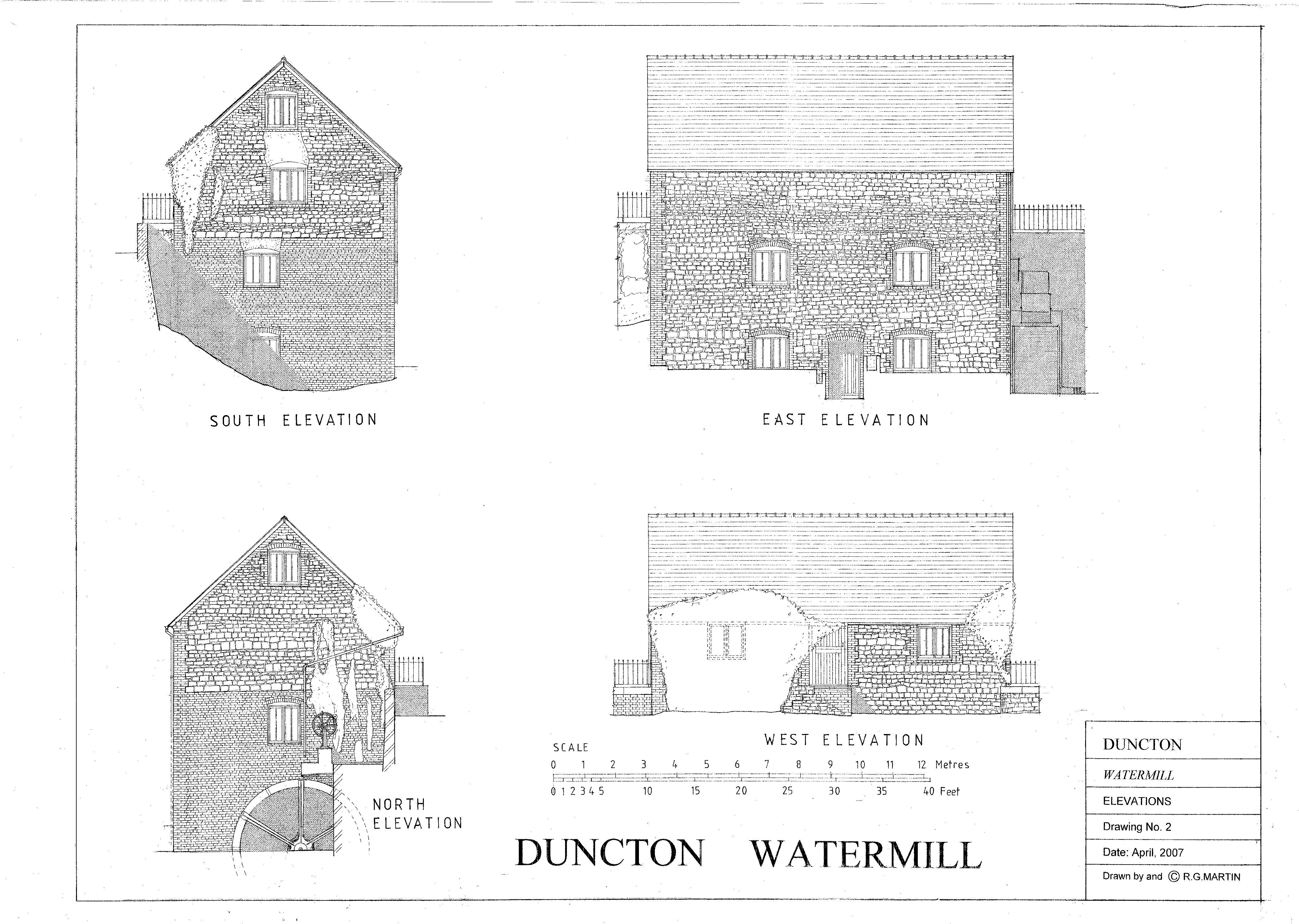Sector: Rural Estates & Heritage Sites
Location: West Sussex, UK
Status: Feasibility Stage
Overview
Duncton Water Mill is a unique heritage site in the South Downs exploring its transition to energy self-sufficiency. Elementum was brought in to assess the technical and commercial feasibility of integrating clean energy systems into a constrained and environmentally sensitive setting.
The Challenge
No existing three-phase supply, limiting traditional grid-tied generation options
Heritage status and aesthetic sensitivities restrict visual impact and construction works
Remote site with limited utility access
Interest in restoring the original water wheel—pending analysis of cost-to-yield viability
Desire to combine multiple generation technologies in a coherent, modular plan
Elementum’s Approach
Elementum developed a phased feasibility concept anchored in low-impact, high-value technologies:
Modular battery storage using Ampace Reno C5 units, deployable without civils and sized to match future solar generation
A tailored solar PV system optimised for available roof and unobtrusive ground space
Engineering analysis of water wheel restoration—modelling expected generation, mechanical upgrades, and capital return thresholds
Scenario modelling for varying load and generation profiles to inform future infrastructure investment
This approach offers a path to decarbonisation that balances technical ambition with the site’s physical and regulatory constraints.
Outcome
The feasibility study provides the estate with a clear roadmap for future investment and staged deployment. It also demonstrates how even sensitive rural sites can transition to clean energy
without compromising their character or integrity.

